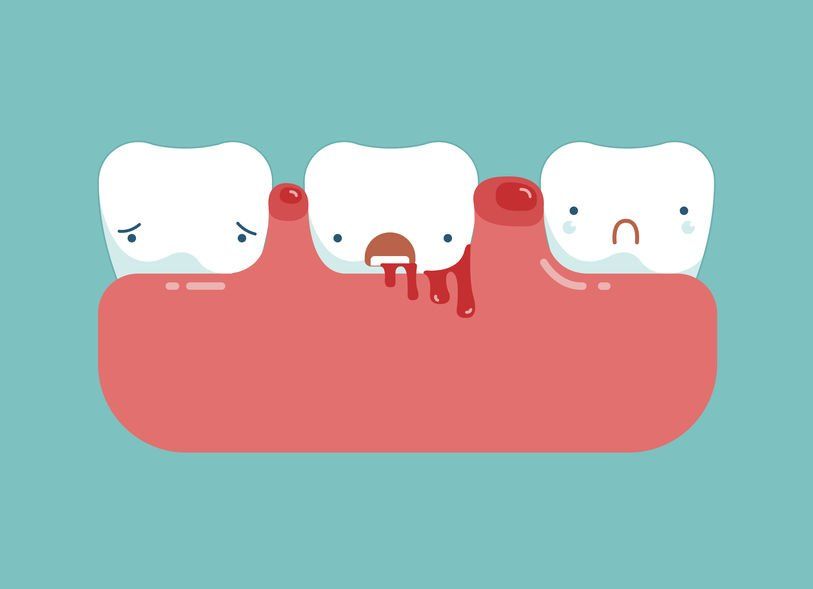How to Take Care of Your Oral Hygiene During the Pandemic
- By Mary Marks
- •
- 20 Apr, 2021
- •

The Covid-19 pandemic affects us, our families and our friends in many ways. When it comes to our oral health, some people are not sure what to do in the event of a dental emergency, others are looking for tips on how take better care of their teeth at home. Here are a few guidelines.
1. What should you do in case of dental emergency during the Covid-19 crisis?
Whenever possible, we should all stay home to stop the spread of Covid-19. However, if you have severe pain, substantial swelling and worsening, uncontrolled bleeding, you should contact your dentist for sedation dentistry recommendations.
2. Should you go to the dentist’s office during this crisis?
To help stop the spread of Covid-19, it is recommended that you contact your dental care provider in advance and make an appointment for a dental treatment. This way, a visit to the dentist`s office can be organized safely.
3. We recommend that you follow some simple nutrition guidelines, in order to make it as easy as possible for you to adopt a healthy lifestyle, during this period, which will also protect your oral health. You should eat:
· Whole grains instead of refined grains
· Vegetables
· Seasonal fruits
· Protein from fish, beans, nuts and seeds, as well as from animals – preferably raised without hormones.





Although oral sedation dentistry Highlands Ranch is one of the optionsavailable for managing anxiety and discomfort during oral surgery, you certainly do not need to use it all the time. As a matter of fact, the exact type of sedation or anesthesia that you receive during oral procedures may depend on various factors, such as the complexity of the procedure, your medical problems, as well as your doctor’s preferences.
There can be several different levels of sedation that can be used in oral surgery. Local anesthesia is one of them. This involves injecting anesthetic medication into the specific area where the surgery will take place. It numbs the area and is often used for less invasive procedures.
Oral sedation involves taking medication in the form of a pill to induce a state of relaxation and drowsiness. The patient is still conscious, but he/she may not be fully aware of the procedure. At any rate, sedation helps him/her get rid of anxiety.
In the case of intravenous sedation, medication is administered through a vein, which induces a deeper state of sedation than oral sedation. Patients may still be conscious, but they are less aware of their surroundings and may not remember the procedure.





